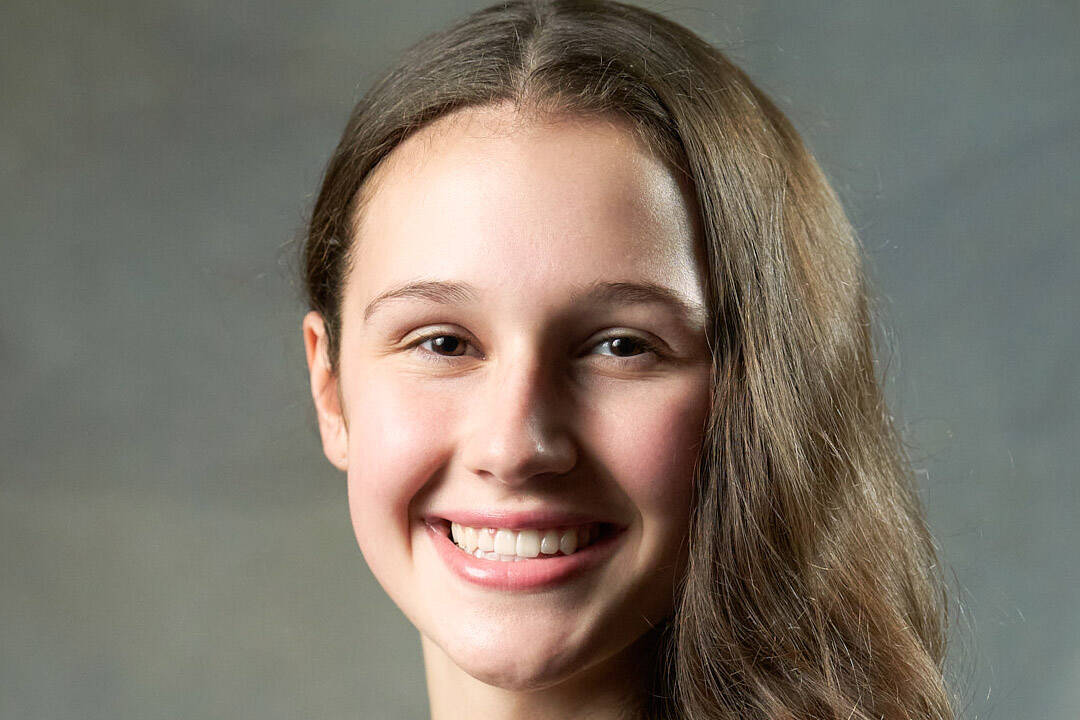I am Ireland Styvar, a deeply worried Homer High Choir student.
I am writing with concern for proposed budget and facility cuts to the theaters in the Kenai Peninsula School District. I have grown up in the theater and have seen the extensive impacts it has in our schools and communities. In the process of rehearsing and performing in Homer’s Mariner Theater I have gained so much more than you might see.
I have made new friends, learning the importance of working as a team. I have seen how our common goal has brought us closer together, making us a family. We motivate each other and help our fellow cast mates gain confidence and self-respect.
Thousands of Alaskan students receive no arts education. Music, visual arts, and drama teachers make up less than 2% of the state’s teaching force. With no state-designated budget for art education and no arts requirements, art opportunities for many Alaskan students are diminishing.
Our current standards demonstrate that legislators don’t believe the arts are important enough to keep. Unlike many other states, Alaska does not allow individual boroughs to supply more funding for the arts. Some politicians and school board members are extremely concerned about Alaska’s falling academic text scores, and they are aiming to push for better education in the core subjects, leaving art education as their last priority.
Can a better education be achieved without art?
With Alaska’s academic scores below national standards, Gov. Mike Dunleavy, along with many others, feel they need to solely concentrate the state’s funding and resources on core subjects.
However, as the state has migrated to this narrow academic focus, arts education has been oppressed and defunded. I believe this action is only further damaging an Alaskan student’s education.
Art should be valued as a core subject. Art is just as important in a student’s education, development, and future as math, English, science or history.
By depriving Alaskan schools of guaranteed art education, the state is lowering the quality of learning for all Alaskan students. Art should continue to be funded and prioritized, because it can benefit a child’s dropout rates, test scores, academic success, mental health and social development.
If Gov. Dunleavy and Alaska’s school boards’ goal is to achieve higher education, why are they withdrawing art from that equation? Art engagement has significantly shown improvement in a student’s school engrossment and academic self-efficiency.
Arts can engage students who are struggling in their other core studies. The freedom of expression relieves the stress of other subjects allowing them to feel accomplished and find motivation. Diminishing the arts in our school only reduces a student’s academic potential. If the arts were fully supported and valued as core subjects in Alaska, I argue that the state would see higher test scores, reduced dropout rates and improved learning outcomes.
With pure academic learning, most of a child’s school studying is directed toward outward applications. However, artistic expression does the opposite. It allows a student to look inward, enhancing their awareness of responses that are generally automatized. This includes movement, moods, and emotional interactions with outward events.
One’s ability to self-reflect, learn from mistakes, and critique themselves are all skills that are enhanced by art. When one looks in and truly begins to know oneself, the opportunity for mental health improvements and healthy personal development is expanded.
Art is humanity. It is one of the first things we do. We use our vocal chords when we begin to speak and our bodies when we learn to move to express ourselves. So many art forms come naturally to our bodies, such as dance, acting, or singing, because they are an outlet for our born expression. They build on the development of our toddler years.
In preschool, a child is engaged in many natural artistic activities but as soon as they enter kindergarten, an emphasis on core subjects replaces the development and socialization of artistic expression. Without artistic expression, children lack the opportunities to establish positive peer relationships. Positive peer relationships tend to make children more engaged and willing to attend school and achieve more in their studies.
Homer Middle and High School choir director, Kyle Schneider, reminds us that from a young age, music such as choir or band encourages students to create peer groups. Through his years of teaching, he has witnessed that the arts are a place where students learn to speak together. Kindergarten is usually the first place where voices are heard together in song.
An arts education can change a student’s entire learning experience. Instead of being thrown out the door, artistic learning methods need to be prioritized and funded within our schools! The future of education is STEAM not STEM. While STEM focuses strictly on equipping students with the skills and knowledge of science, technology, engineering and math, STEAM adds art to the equation. STEAM allows children to more deeply understand core subjects through imagery and out-of-the-box thinking.
Art cultivates leadership, communication, collaboration, creativity, self-growth and academic success. Art is the future of better education. Art lowers high school dropout rates, encourages healthy social and mental development, raises test scores, and ensures academic success for all students. The future of a better education lies in Alaska’s ability to STEAM things up. Art is worth the funding and support of our government, because our students are worth much more than an education that lacks creativity, growth, and success!
The Mariner Theater plays a vital role in arts education in the Homer community. Without the theater, there is no outlet for Homer’s bands, choirs, orchestras, ballets, musicals, circus arts, DDF tournaments, and plays.
Without our Mariner Theater art education would quickly diminish, leaving our students and community robbed of the lifelong benefits of art! Please help us continue to support the benefit of the theater to our school and community by contacting your local legislators.
Ireland Styvar is an 11th grade Connections student in Homer, who fell in love with performing at the age of 7.

